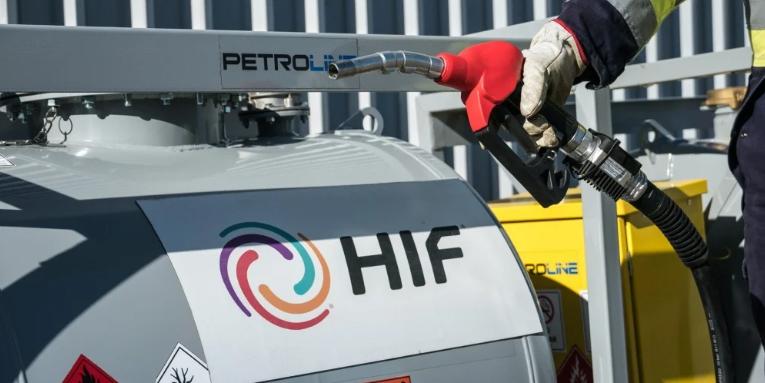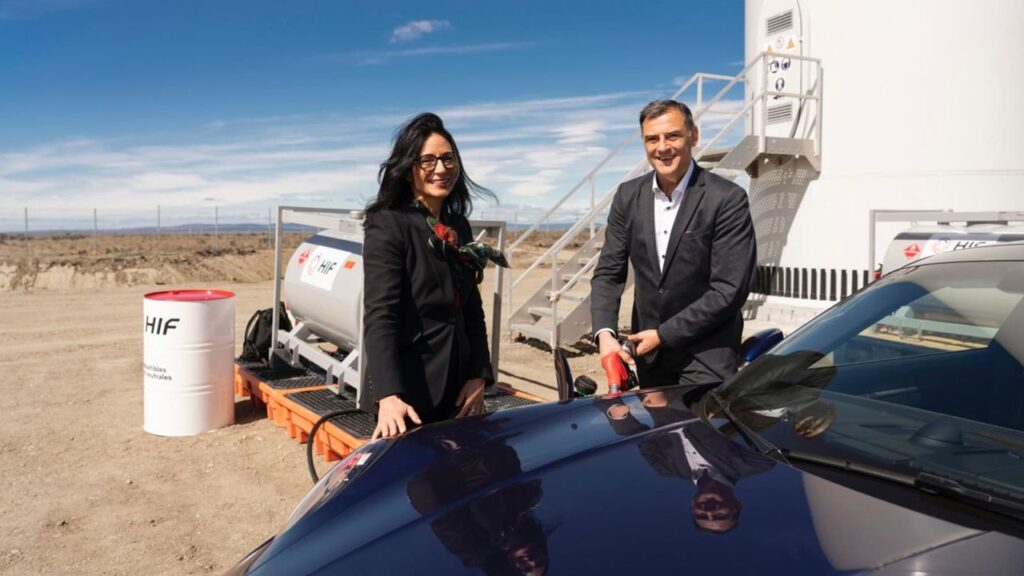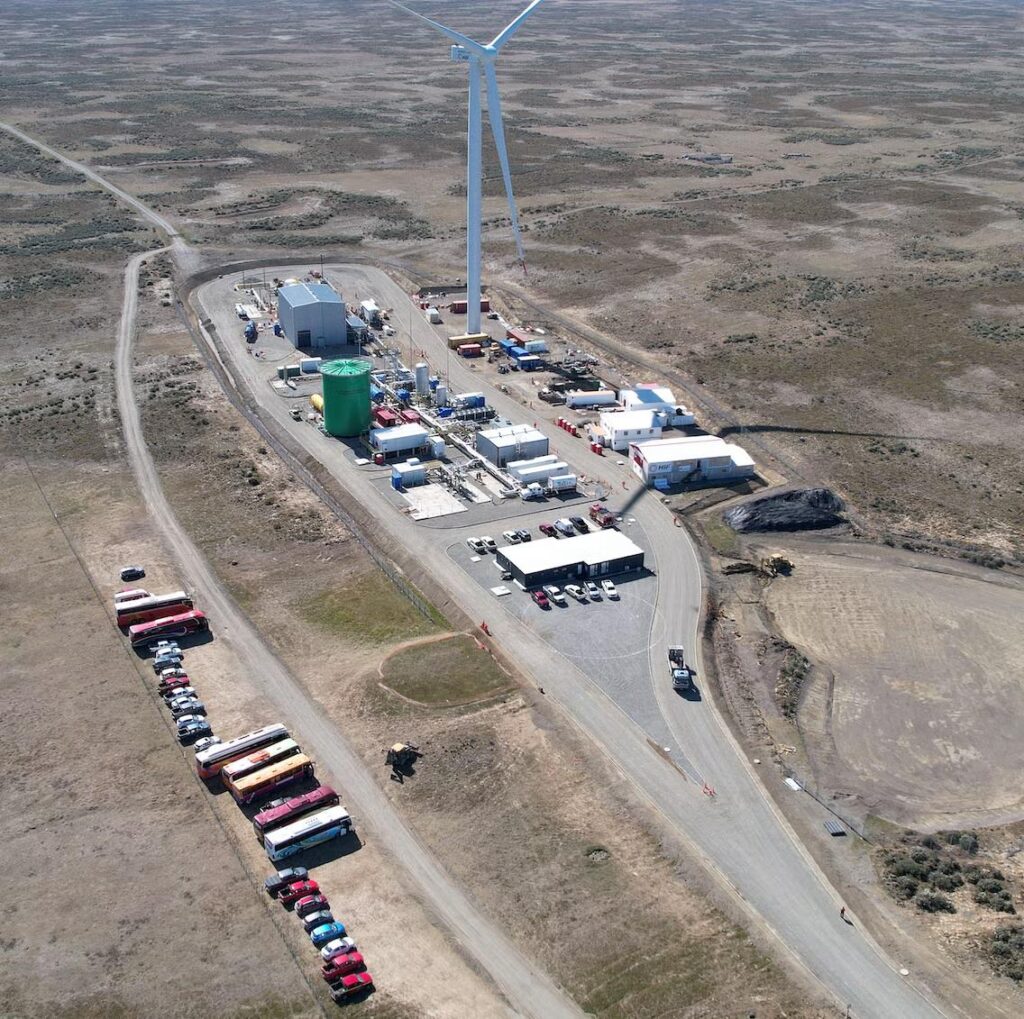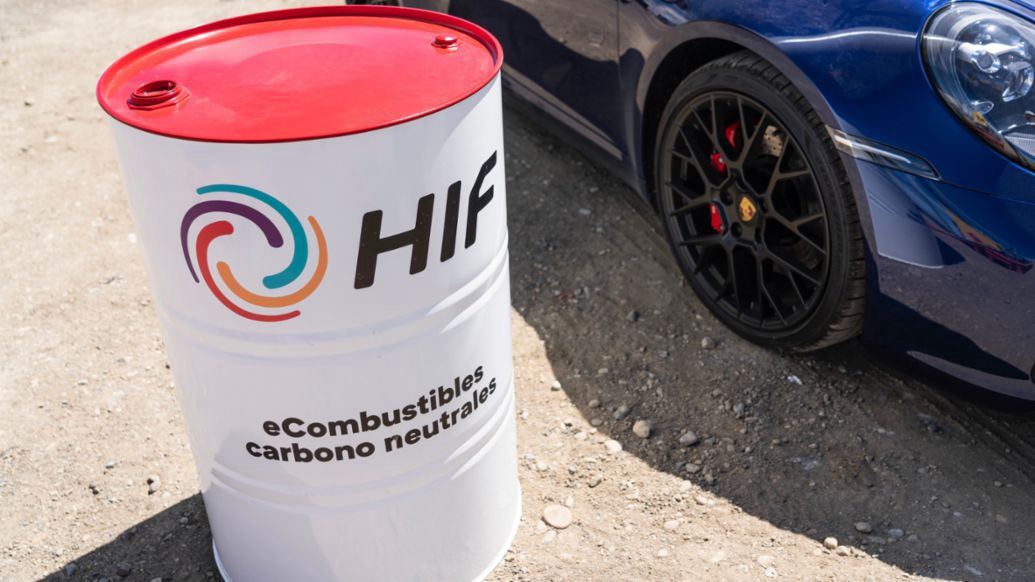As the global auto industry races toward full electrification, a big question continues to linger does this mean the end of the internal combustion engine as we know it? While most automakers like Ford, General Motors, Volvo, Jaguar, and Bentley have all announced plans to go fully electric by 2030 or 2035, Porsche is taking a different path one that might just save the roar of the engine. Their answer? E-Fuel.

E-Fuel, also known as synthetic fuel, is not your traditional gasoline. It’s man-made using renewable energy sources such as wind or solar power. The process involves capturing carbon dioxide from the air, combining it with hydrogen from water, and turning it into a fuel that burns just like gasoline in existing engines. The major difference is that this process reuses existing carbon, making it close to carbon neutral.

Porsche isn’t just playing with the idea. They’ve already built a pilot plant in Chile, a country with powerful and consistent wind resources. There, they’re producing E-Fuel using clean energy in hopes of offering an alternative to traditional fossil fuels.
Their goal isn’t to replace electric vehicles, Porsche already has the electric Taycan on the road, but to give car lovers and performance drivers another option that doesn’t force them to give up the driving experience they cherish. Let’s be honest, part of the core of driving comes from the engine’s sound, feel, and performance. For brands like Porsche, that’s core to their identity. With E-Fuel, there’s a possibility to keep that experience alive while still meeting climate goals. Think about it; what if, instead of getting rid of millions of petrol and diesel cars, we simply changed the fuel they run on? That could be a game changer, especially in parts of the world where electric charging infrastructure is still underdeveloped or for people who just aren’t ready to go electric yet.

Of course, there are still hurdles. At the moment, E-Fuel is expensive to produce and isn’t available at the pump. But like any new technology, costs could drop as production increases and the process becomes more efficient. Just like how electric cars and their batteries became more affordable over time, the same could happen with E-Fuel.
Porsche’s move doesn’t reject the future, it’s just offering a different version of it. Instead of killing the internal combustion engine, maybe it’s time we clean it up. Maybe E-Fuel is the middle ground the world has been waiting for. So the question remains, could Porsche’s E-Fuel be the answer to saving internal combustion engines in a world that’s speeding toward electric?




